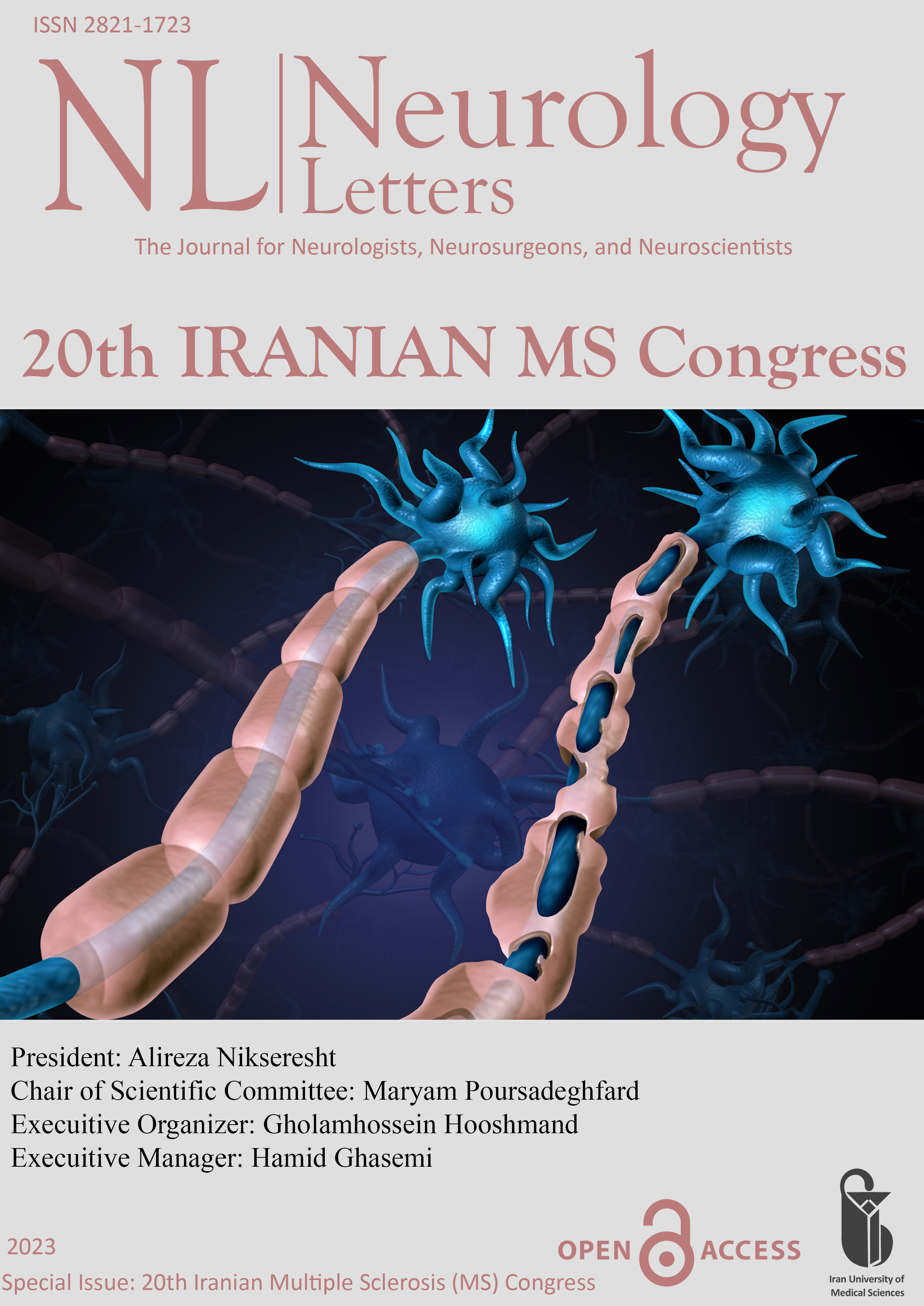How to estimate the Multiple Sclerosis Functional Composite (MSFC) in patients with multiple sclerosis? (ORP-43)
Document Type : Oral Presentation
Author
Neurology Department, Imam Hossein Hospital, Shahid Beheshti University of Medical Sciences, Tehran, Iran
Abstract
A proper clinical evaluation of patients with Multiple Sclerosis (MS) is of great importance to detect disability progression. The EDSS is one of the first standardized tools in the assessment of MS-related disability, which is still the most frequently used scale in clinical trials. However, it has been criticized for having some limitations, which mainly include the subjective nature of the neurological examination and the insufficient assessment of some functional arears such as cognitive function. The MS Functional Composite (MSFC) was developed following a task force set up by the US National Multiple Sclerosis Society specifically to address the limitations of the EDSS. The MSFC is a three-part, standardized, quantitative, assessment instrument that measures arm, leg, and cognitive function with the 9-Hole Peg Test (arm/hand dexterity), the Timed 25-Foot Walk (leg function), and the Paced Auditory Serial Addition Test (3-second version, PASAT3; cognition). The interpretation of the MSFC is still difficult and unfamiliar for physicians and needs practice effects with the PASAT. Moreover, variations in the reference populations used to calculate Z-scores, and the lack of an accepted definition of a clinically meaningful change are considered as other limitations in clinical practice.
Keywords
 Neurology Letters
Neurology Letters
